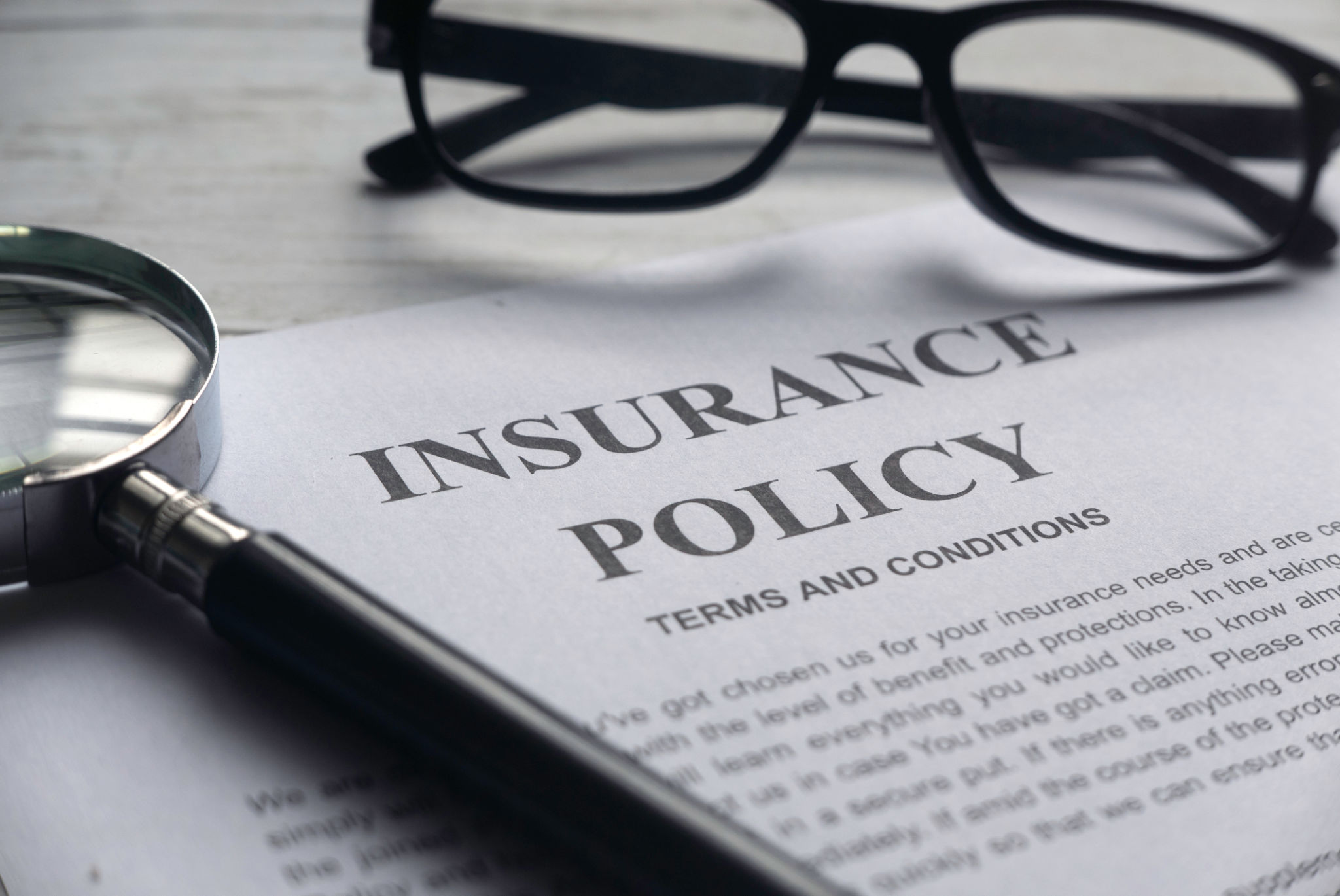How to Handle Malpractice and Negligence Claims: Expert Advice
Understanding Malpractice and Negligence Claims
Malpractice and negligence claims can be daunting for any professional. These claims often arise when a client or patient feels that the service they received was below the accepted standard of care, leading to harm or loss. It is crucial to understand the nature of these claims and how to handle them effectively.
Malpractice refers to a professional's failure to perform their duties competently, while negligence involves a breach of duty that causes harm. Both can have serious legal and financial consequences, making it essential for professionals to be prepared.

Steps to Take When Faced with a Claim
When a malpractice or negligence claim is made against you, it’s important to stay calm and follow these steps:
- Notify Your Insurer: Contact your insurance provider immediately to report the claim. They will guide you through the process and provide legal assistance.
- Gather Documentation: Collect all relevant documents, including contracts, communications, and records related to the case. This information will be vital for your defense.
- Consult Legal Expertise: Engage with a legal professional who specializes in malpractice or negligence claims to ensure you have expert guidance.
Effective Communication with Clients
Maintaining open and honest communication with the client involved in the claim is critical. Avoid discussing details of the case without your lawyer present, but ensure that you remain professional and empathetic in all interactions.
Addressing concerns promptly and showing a willingness to resolve misunderstandings can sometimes prevent escalation. Remember that your demeanor throughout the process can significantly impact the outcome.

Preventive Measures to Minimize Risk
Taking proactive steps can help reduce the likelihood of facing malpractice or negligence claims:
- Continuing Education: Regularly update your skills and knowledge in your field to ensure you are providing the highest standard of care or service.
- Clear Documentation: Keep accurate and detailed records of all interactions and services provided. Documentation can serve as crucial evidence in defending against claims.
- Effective Communication: Ensure that you clearly explain processes, risks, and potential outcomes to clients or patients before proceeding with any service.
The Role of Insurance in Protection
Professional liability insurance is a key component in protecting against malpractice and negligence claims. It provides coverage for legal fees, settlements, and other related costs. Ensure your policy is up-to-date and adequate for your professional needs.

In conclusion, dealing with malpractice and negligence claims requires a strategic approach. By understanding the nature of these claims, taking immediate action when they arise, maintaining effective communication, and implementing preventive measures, professionals can navigate these challenging situations more effectively. Remember, preparation and knowledge are your best allies in managing such claims successfully.